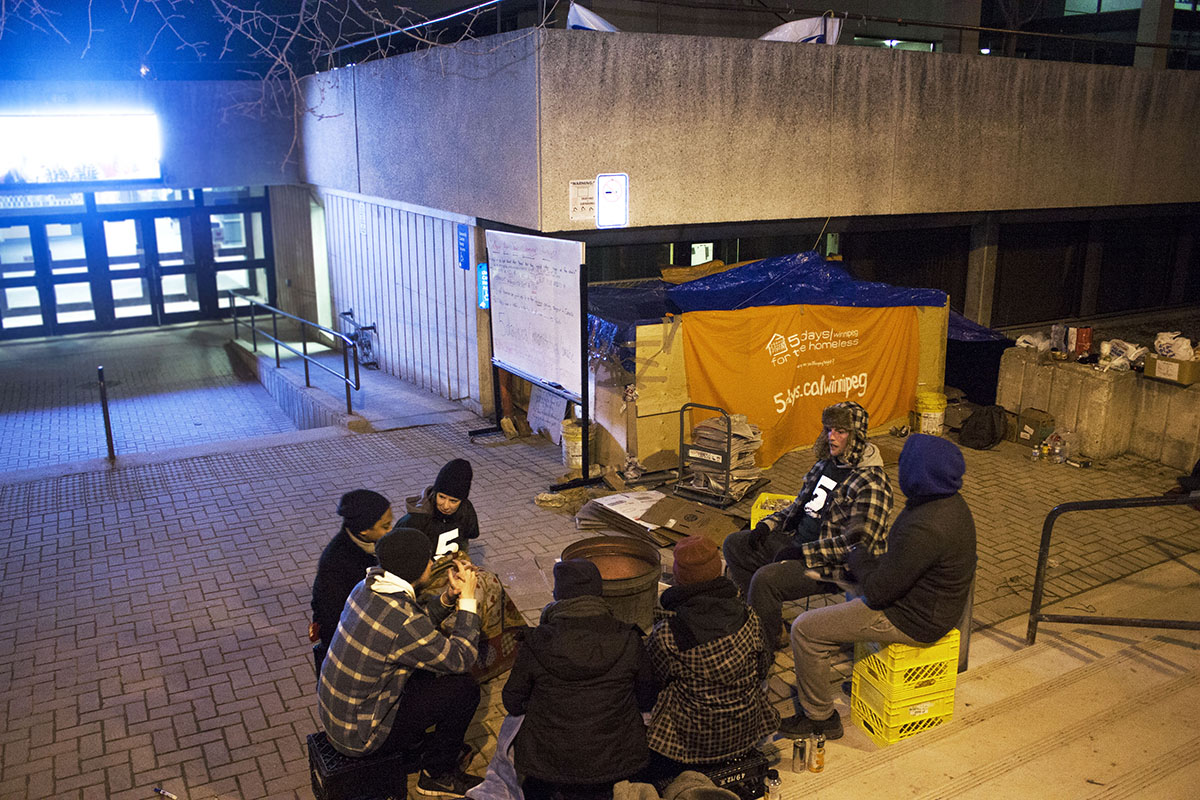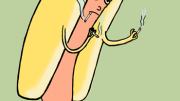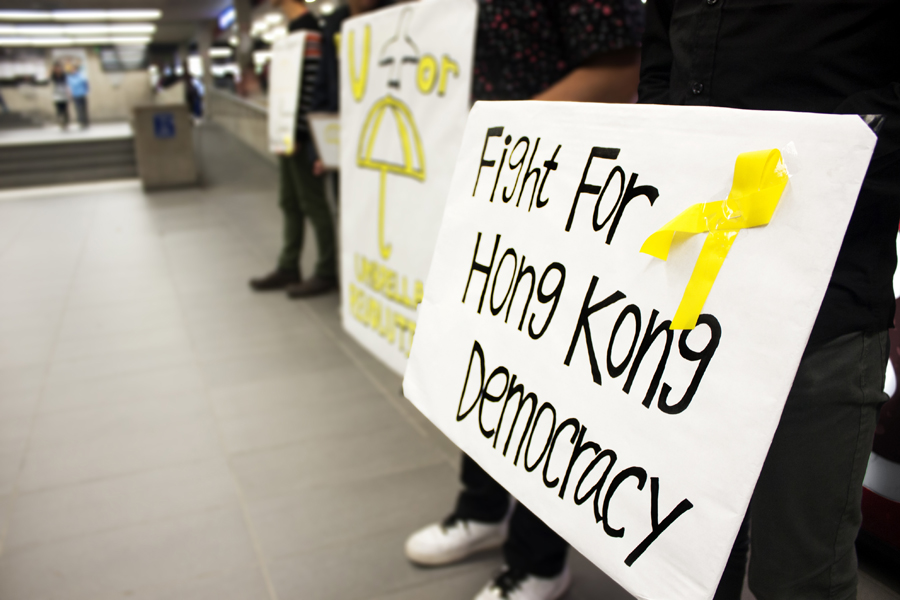While we grapple to comprehend the extent of the devastation in Haiti, many unite to help those in need, giving time and money to their fellow man. Issues of race, politics, economics and creed seemingly fall by the wayside as we’re shaken into realizing that despite our differences, we’re all one big global family.
It’s in times like this that we get a glimpse of that reclusive light that’s hidden within humanity. It’s in times like this that we can decipher right and wrong, and allow that light to sparkle. It’s as if those thoughts of compassion, which on a normal day seem idealistic and distant, are suddenly anything but.
The unfortunate subtext in all this generosity is that it takes graphic images and high death tolls for us to notice — never mind care — about our neighbours. It also often requires those deaths be caused by natural forces. I suspect this is because when the cause appears to be outside of human control, we skip finger-pointing and excuse-making and get to work. However, little about the devastation we’ve witnessed was beyond human control. The root cause of much of what happened in Haiti was due to the poverty that came from Western societies’ history of neglect and self-interested intervention.
From American occupation, to a long history of battles against French and Spanish colonialists, the Western nations that today seem so generous are at the core of the chronic political and economic problems in Haiti. The buildings and infrastructure crumbled so easily in Port-au-Prince because Haiti is in a severe state of poverty which Western nations not only helped cause, but also failed to remedy.
So, while these disasters show that a compassionate spark in humanity exists, it also reveals our tendency towards neglect. Considering that the world is still struggling to escape the global economic crisis, I have no doubt our pennies and dimes are at a premium, yet we still manage to give in ways that seemed impractical when times were good. This is an error in judgment that has made the cost — especially the human cost — higher than it needs to be.
We all have a tendency of leaving things till the most desperate hour. Whether it’s an important assignment at work or just taking out the garbage, we often procrastinate until it’s clear there is no other choice. I’m as guilty of this as anyone. It seems to be a fundamental flaw within each of us that surfaces most clearly when a family reunites because a relative is dying, or when we wait until approaching a tipping point to care about the environment. But when we’re dealing with human lives and global inequality we must work to overcome this flaw. The costs of ignoring work that so clearly needs doing is simply too high and, frankly, people deserve better. We can’t let the “desperate hour approach” be the mark we rank our efforts against.
Perhaps the problem is that it’s too easy to forget about the plight of our neighbors when we’re busy worrying about our own lives. Perhaps it’s too easy to become distracted with our own families to consider the starving families in our neighborhoods and around the world. Yet in times of horror and death we are moved without a moment’s thought from thinking about ourselves to thinking about those in need. Suddenly we understand that the inherent value of human life is based on the idea that regardless of what our origin is, we all came from the same place, and therefore are members of a large and equal family.
Let’s not forget this. Let’s not let the glimpse of light dim, and our notions of compassion fade. We have it in us to care when disaster strikes, let’s learn to care when it doesn’t.
It’s my hope that the earthquake that devastated Haiti stands as a warning against neglect. It’s my hope that we remember the devastation so that we can learn to be more proactive about helping those we know are in need. There is so much poverty in the world and it can seem overwhelming, but to let the size of the obstacle stonewall us into inaction is to allow more preventable devastation. We can do better. We have to.
If Haiti inspired you to give, never forget.
Corey King is as hopefully for humanity as he is ashamed of it.




